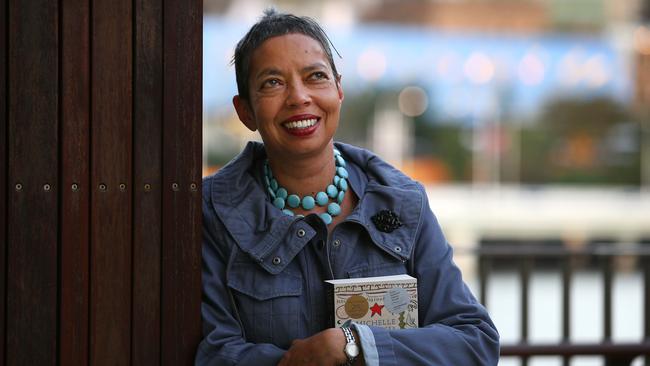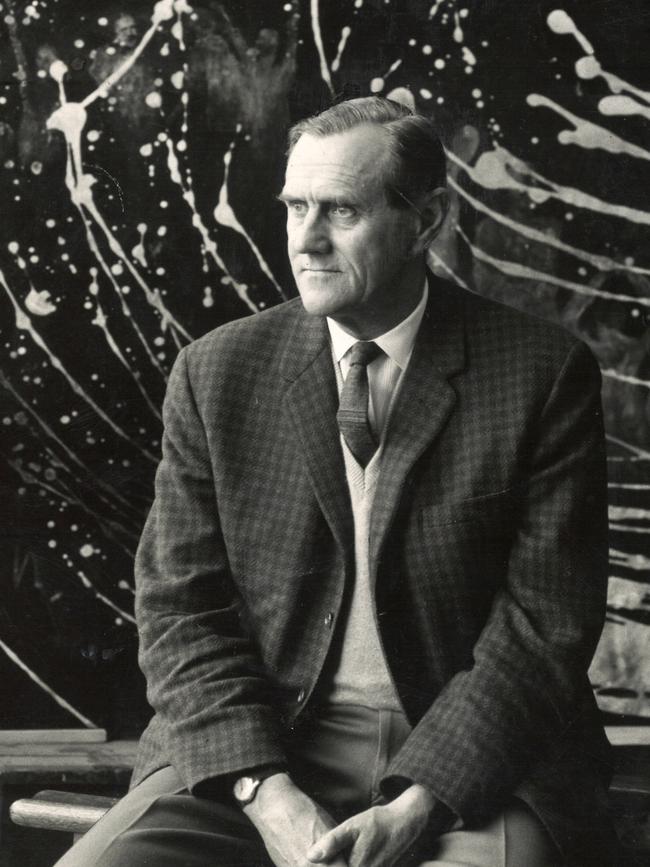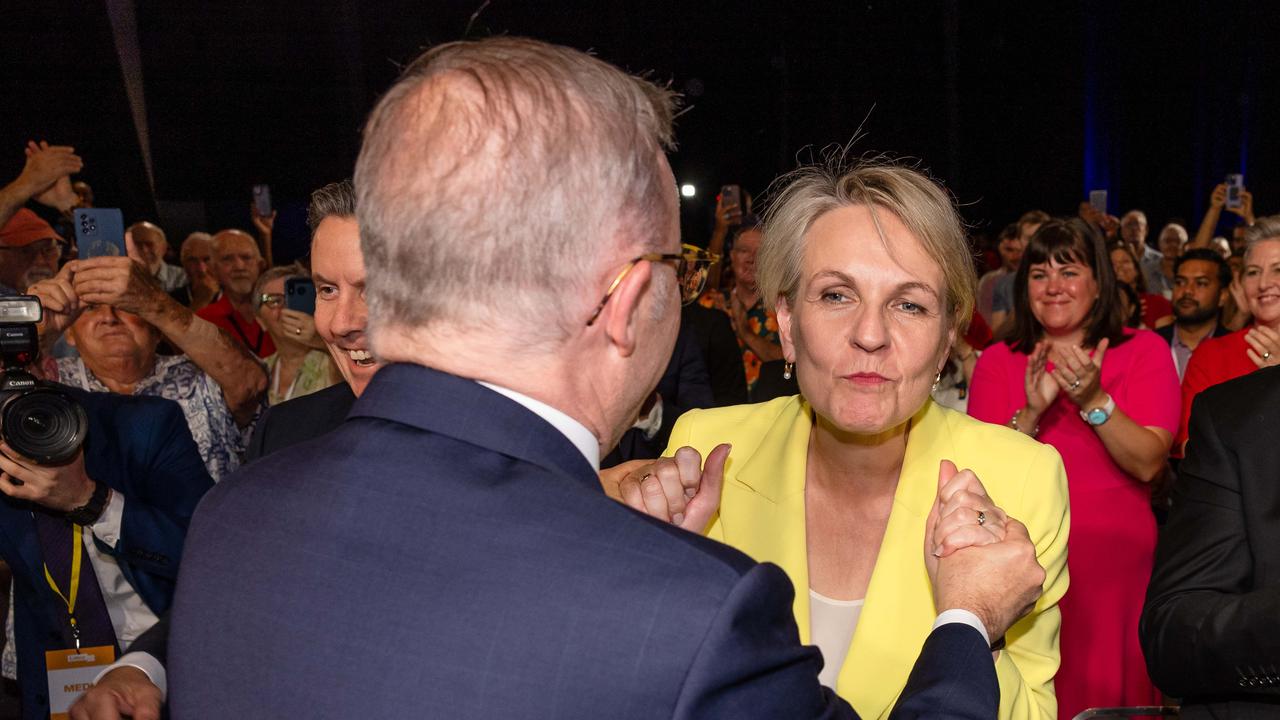
The two-time Miles Franklin winner migrated here at the age of 14, and her Sri Lankan background is regularly mentioned in profiles and media reports but somehow I’ve never seen the colour, just the brilliant writing on contemporary Australia and the world. One wonders why the judges of the Stella Prize for fiction, nonfiction and poetry felt the need to describe de Krester and the other five writers on this year’s shortlist as “women of colour”. Why not just cite them as writers? Indeed the judges went further in their announcement, saying: “This year’s shortlist is consequential for Australian literary history. It is the first time the Stella shortlist features only women of colour.”
What point were they trying to make? That white writers were not good enough to make the cut?
The judges – Astrid Edwards, Debra Dank, Leah Jing McIntosh, Yassmin Abdel-Magied and Rick Morton – noted that “these works showcase an incredible command of craft and understanding of our uncertain time. These works are riveting, and they stood out to the judging panel for their integrity, compassion and fearlessness.”
Clearly the shortlist reflects the great diversity in Australian publishing and the huge interest in writing about issues of race, identity and colonialism. No one doubts that these books deserve to be read and debated and celebrated and critiqued like any others.


But the judges’ decision to create some sort of subset of writers based on their backgrounds risks detracting from their achievement. Books that deserve to be seen as the year’s best works from talented authors could sadly be marked down by some as “equity hires”.
That’s not a risk of course, for de Kretser, one of our leading writers whose novels have won many prizes and have received consistent critical acclaim both here and overseas.
To readers, her Sri Lankan heritage has been interesting but peripheral to the power of her work. She has never been shoe-horned into any cultural or ethnic box. De Kretser was generous in her reaction to the shortlist honour this week, saying simply: “To me, it’s just recognition really of the excellence of female writers in this country. We have so many excellent books being produced by women from all different backgrounds.”
The Stella press release with its focus on difference is, however, a little more problematic for writers with less profile and a smaller backlist. It’s a pity, because the Stella Prize, launched in 2012, has been an important cultural initiative and has forced a greater awareness among publishers, reviewers and judges of the need to check their unconscious bias when assessing work.
Initially limited to women, it was designed in part to shame the judges of the country’s premier literary award, the Miles Franklin, out of their perceived male bias. And it worked.

In its first 54 years, the Miles Franklin was won by only 13 women; in the next 13 years it was won by 12 women.
Has the Miles Franklin overshot, given there has been only one male winner since 2012? Given it undershot in the other direction for decades, let’s just say the Stella has well and truly made its point. Even so, since Patrick White won the inaugural prize for Voss in 1957, women have made up less than 40 per cent of the Miles Franklins.
There’s a way to go yet and the Stella continues as a terrific reminder of the need for a level playing field for women when it comes to publishing. And importantly, with so few literary awards, the $60,000 prize remains an important mechanism for building Australian culture.
All the more reason for the judges to avoid the sort of own goal they kicked this week.
The Stella’s origin as a women-only prize was always going to be a little controversial for some and it has faced its own challenges.
It may be only 13 years old but it was launched in a very different world, well before issues of gender fluidity became a central part of any discussion on gender. The Stella’s website reflects the journey it has made from being a prize for women to a prize for women, including cis women, trans women and non-binary people.

The website addresses this point: “Stella is proud of its foundations in the women’s movement, we recognise that contemporary conversations around gender identity and inequality are complex and evolving.
“We do not want to invalidate gender diverse identities by assuming all experiences of gender inequality to be the same over time. Stella is grateful to the many individuals and organisations that have contributed to our ongoing understanding of gender.”
Anyone who has been part of a judging panel for books or writing knows how difficult it often is to select between works of high quality – all of which deserve readership and recognition – and also to test them against the unconscious bias for male or female voices, and to a lesser extent ethnic writers.
The debate – whether as an individual or as part of a panel – is an important part of the selection process, but so too is the need to convince an audience that works have been selected on merit.
Focusing on ethnicity, as the Stella judges did this year, tends to undermine that confidence.





What a shock to see the Australian novelist Michelle de Kretser described in a press release on Monday as a “person of colour”.